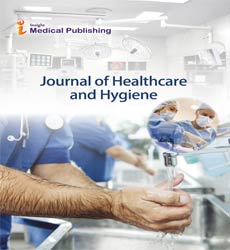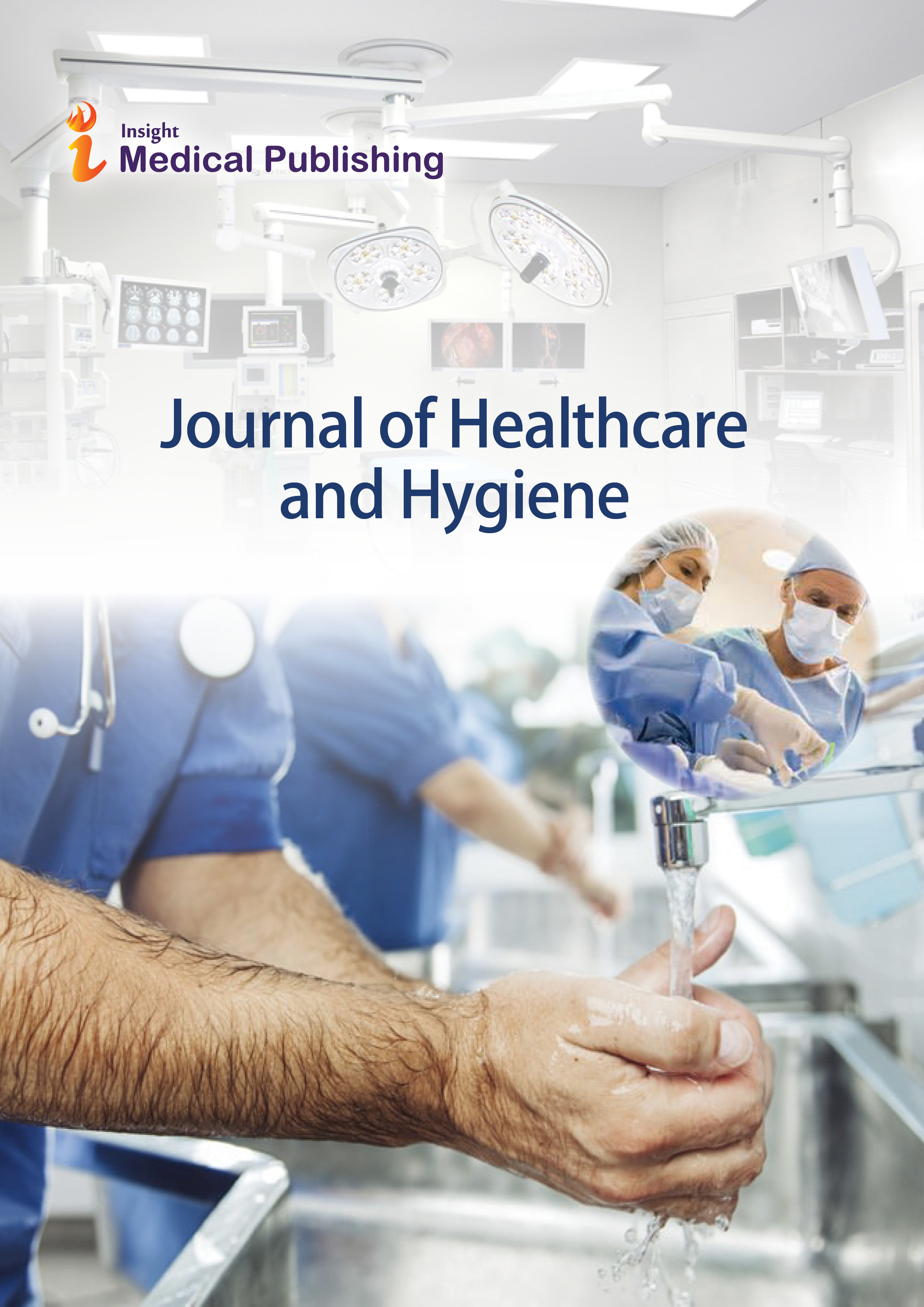Progression of Renal Function after Acute Kidney Injury in Children
Visit for more related articles at Journal of Healthcare and Hygiene
Abstract
Background: Acute kidney injury (AKI) has detrimental impacts. Further insights are required about AKI during critical illness including longitudinal renal function assessments after AKI.
Aim:To identify the appropriate timeof interventions to improve renal function post AKI. Methods. This retrospective cohort pediatric study collected data on PICU admissions with AKI. Neonates and patients with previously abnormal renal function were excluded. The primary outcome was to evaluate the longitudinal progress of renal function for sixty days after AKI. Data extracted included serum creatinine, urine output, age, gender, BMI, length of stay in the hospital and PICU, and primary diagnoses. Renal function status was analyzed longitudinally for days 1,3,5,7,9,11,14,21,30,60 post-AKI. Statistical analysis included univariate analysis, Mann Whitney U test, and Chi-square test.
Results: 165 AKI episodes were identified. 60-day longitudinal data show two distinct phases in terms of the progression of renal function. Phase 1 (48 hours post-AKI) showed a rapidly improving trend. Phase 2 (days 3-60 post- AKI) was noted for its initial rapid deterioration then static renal functional status and finally worsening. Average KDIGO scores in phases 1 and 2 were 1.16 and 1.89 respectively (SD= 0.27 and 0.49). Mann Whitney U test mean ranks were 200.12 and 254.35 in phases 1and 2 respectively (p-value<0.0001). Chi-square analysis showed lower mortality in phase 1 compared to phase 2 (OR=0.28, p-value=0.001).
Conclusion: Renal function improvement may occur in the initial 48 hours after AKI followed by worsening for next three days. Kidney-protective strategies should be maximized for a minimum of 5 days.
Select your language of interest to view the total content in your interested language

Open Access Journals
- Aquaculture & Veterinary Science
- Chemistry & Chemical Sciences
- Clinical Sciences
- Engineering
- General Science
- Genetics & Molecular Biology
- Health Care & Nursing
- Immunology & Microbiology
- Materials Science
- Mathematics & Physics
- Medical Sciences
- Neurology & Psychiatry
- Oncology & Cancer Science
- Pharmaceutical Sciences
